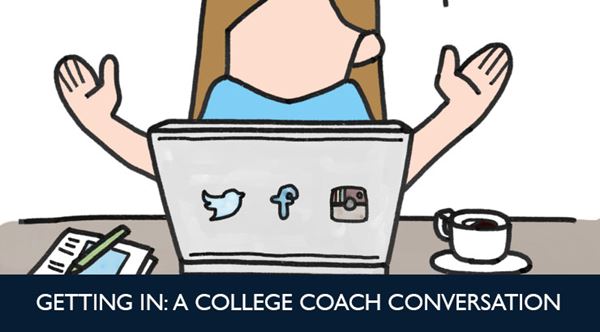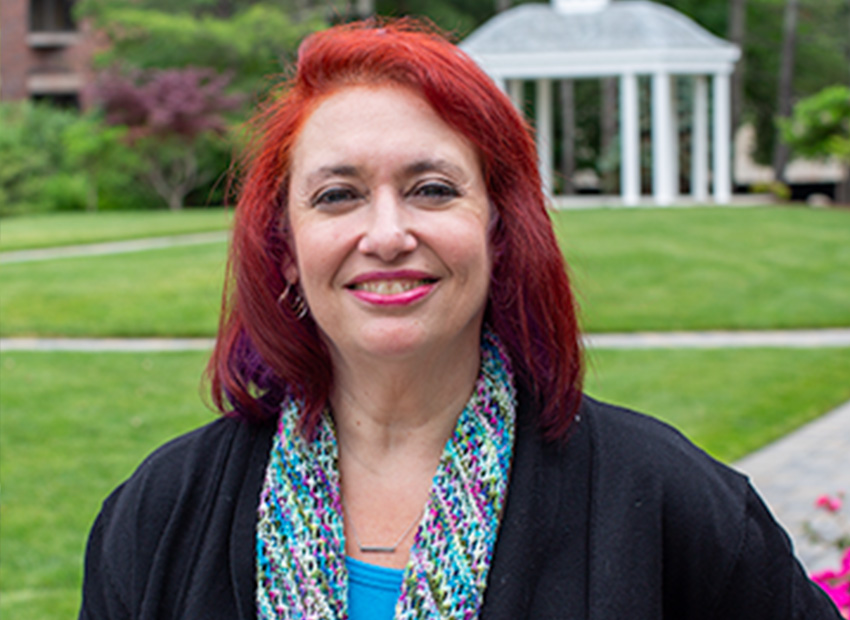Appealing Financial Aid Offers, Demonstrated Interest, and Communicating with Colleges
On the latest episode of Getting In: A College Coach Conversation, guest host Sally Ganga covers three timely and informative topics: how to make demonstrated interest work for you in the college application process, the best way to communicate with colleges, and appealing the financial aid awards that high school seniors are starting to receive.
Appealing Financial Aid Offers
In this first segment, Sally welcomes finance expert Jeanne Mahan to help families understand how they can go back to a college’s financial aid office to ask for more money. Financial aid appeals can be successful if they reveal changes in finances or special financial circumstances that weren’t noted on the initial application. Circumstances that can affect financial aid packages include:
- Job loss;
- High medical expenses;
- Another child in the family attending a private school or other special educational expenses;
- Financial support to other extended family members (elder grandparents, for example); and
- Sale of stocks or withdrawals from retirement plans, which add to the reported income on the FAFSA.
- Creating a system for managing email and communications;
- Making sure that the student’s voicemail is set up and open for messages;
- Ensuring that voicemail greetings, email addresses, and social media profiles are professional and appropriate; and
- Practicing etiquette for email communications and phone calls.






